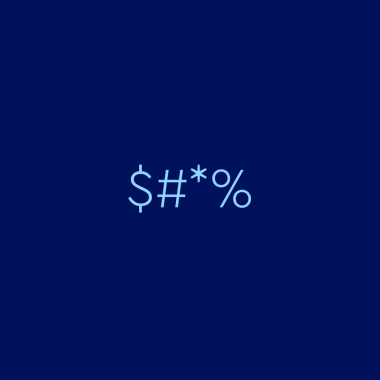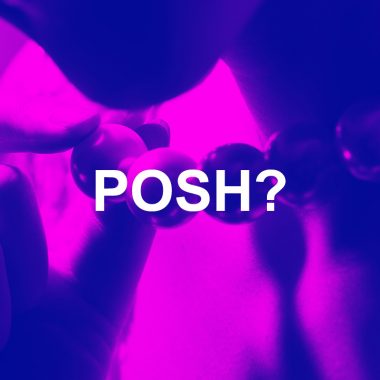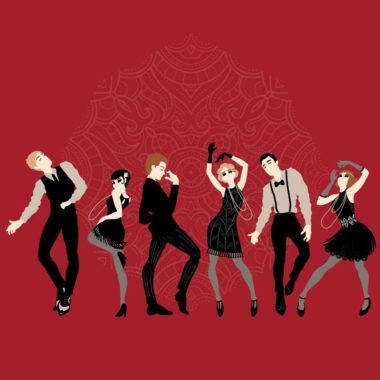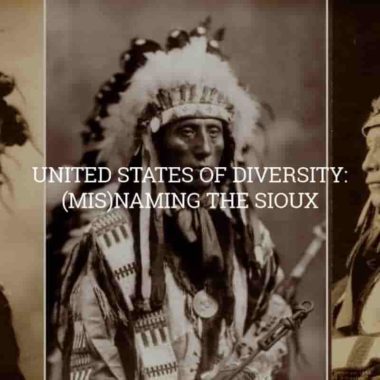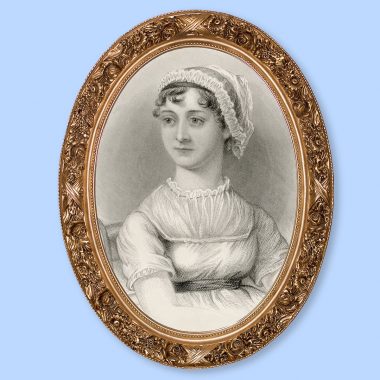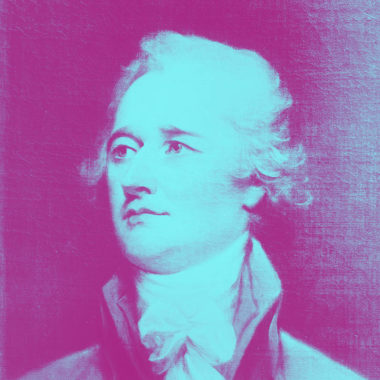Why Do We Use Symbols To Censor Swearwords?
When the force of a swearword is too extreme (but some form of cuss must be used) symbolic stand-ins have long been used for lewdness. Suffice it to say, any emotional keyboard-striker can blurt out something that people perceive as a sub for swears. Whether it’s to diminish the force of swear, to get around censorship rules, or maybe just because symbols are @#$%ing cool to look at, …
